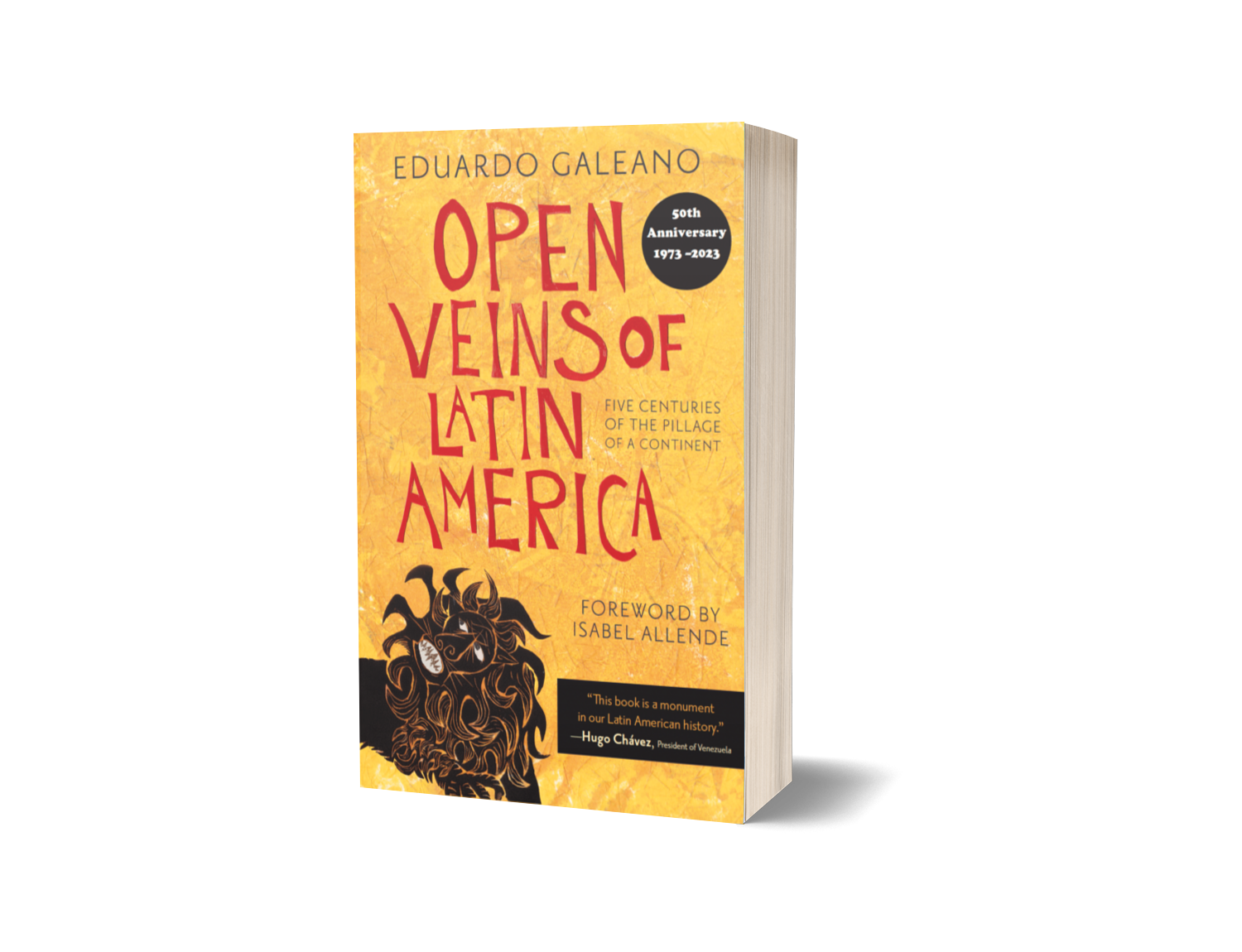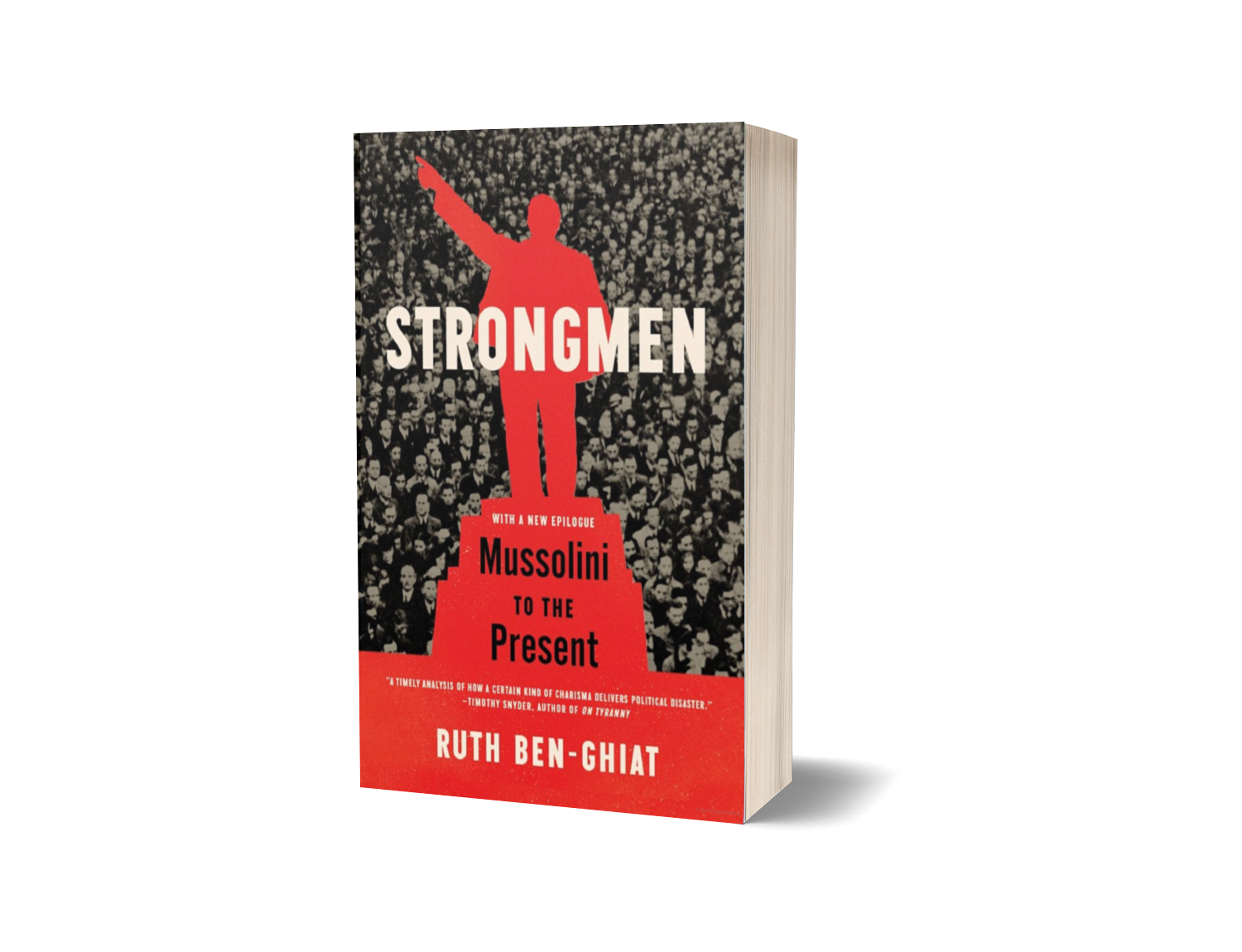Honored by an inspiring introduction by one of the most influential writers of our time, Isabel Allende
With its U.S. debut fifty years ago, this brilliant classic set the standard for historical scholarship on Latin America. Rather than charting the continent according to more traditional geographic or chronological delineations, Eduardo Galeano told the story of Latin America by uncovering the patterns of five centuries of exploitation. Thus he was concerned with gold and silver, cacao and cotton, rubber and coffee, fruit, hides and wool, petroleum, iron, nickel, manganese, copper, aluminum ore, nitrates, and tin. These are the veins that he traced through the body of the entire continent, up to the Rio Grande and throughout the Caribbean, and all the way to their open ends where to this day, they empty continuously into the coffers of wealth in the United States and Europe.
Weaving fact and imagery into a rich tapestry, Galeano never faltered as he fused the scientific analysis of an immense vault of historical material with the impassioned perspective of plundered peoples. Readers in all manner of great historical, economic, political, and social writing have found in Open Veins of Latin America a singularly rigorous analytical achievement that never lost vigor, an overwhelming narrative that makes history speak, unforgettably.
Honored by an inspiring introduction by one of the most influential writers of our time, Isabel Allende
With its U.S. debut fifty years ago, this brilliant classic set the standard for historical scholarship on Latin America. Rather than charting the continent according to more traditional geographic or chronological delineations, Eduardo Galeano told the story of Latin America by uncovering the patterns of five centuries of exploitation. Thus he was concerned with gold and silver, cacao and cotton, rubber and coffee, fruit, hides and wool, petroleum, iron, nickel, manganese, copper, aluminum ore, nitrates, and tin. These are the veins that he traced through the body of the entire continent, up to the Rio Grande and throughout the Caribbean, and all the way to their open ends where to this day, they empty continuously into the coffers of wealth in the United States and Europe.
Weaving fact and imagery into a rich tapestry, Galeano never faltered as he fused the scientific analysis of an immense vault of historical material with the impassioned perspective of plundered peoples. Readers in all manner of great historical, economic, political, and social writing have found in Open Veins of Latin America a singularly rigorous analytical achievement that never lost vigor, an overwhelming narrative that makes history speak, unforgettably.












